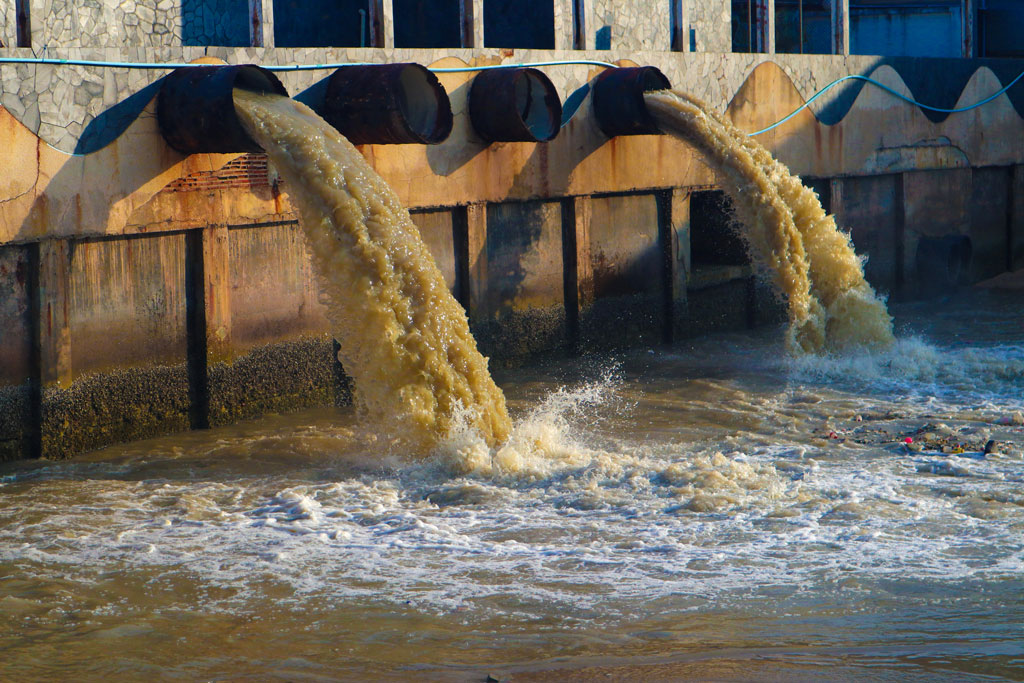Introduction of Industrial Wastewater.
What is Industrial Wastewater?
Industrial wastewater is water used in factories and industries for different purposes, like cleaning, cooling, or processing materials. When this water becomes dirty with chemicals, oils, metals, or other substances during production, it becomes industrial wastewater.
Environmental Impact
Industrial wastewater can harm the environment in several ways. When untreated wastewater is released into rivers, lakes, or oceans, it can pollute water bodies. The chemicals in the wastewater can harm aquatic life, making it difficult for fish and other creatures to survive. Polluted water can also affect plants and animals living near contaminated areas.
Effects on Human Health
If industrial wastewater finds its way into drinking water sources, it can pose risks to human health. Drinking contaminated water or eating fish from polluted waters can expose people to harmful chemicals, leading to health problems. Proper treatment of industrial wastewater is crucial to protect both the environment and human health.
Wastewater Treatment
Treatment plants work to clean wastewater before it’s released back into the environment. They use various processes like filtration, chemical treatment, and biological methods to remove harmful substances. This treated water is then safe enough to be discharged, reducing its impact on the environment.
Impact on Ecosystems
Industrial wastewater affects ecosystems, disrupting the balance of nature. Aquatic plants and animals can’t survive in polluted water. This disrupts the food chain and can lead to the decline of entire ecosystems. The damage caused by untreated wastewater can take a long time to recover, impacting biodiversity.
FAQs about Industrial Wastewater:
1. How does industrial wastewater differ from household wastewater?
Industrial wastewater comes from factories and industries and contains different chemicals and substances from manufacturing processes. Household wastewater comes from homes and contains organic waste like soap and food scraps.
2. Are all industries required to treat their wastewater?
Yes, industries must treat their wastewater before releasing it into the environment. They have to follow regulations set by environmental agencies to ensure that their wastewater doesn’t harm nature.
3. Can industrial wastewater be recycled?
Yes, some industries recycle and reuse their wastewater after treatment. This helps save water and reduces the amount of fresh water they use in their processes.
4. What are the consequences of not treating industrial wastewater?
Not treating industrial wastewater can lead to water pollution, harming aquatic life, ecosystems, and posing health risks to humans who rely on contaminated water sources.
5. How can we reduce the impact of industrial wastewater on the environment?
Industries can use eco-friendly processes, treat their wastewater properly, and invest in advanced technologies to minimize their environmental impact.
Industrial wastewater can have severe consequences on the environment if not managed properly. Treating this wastewater before it enters natural water sources is crucial to protect ecosystems, aquatic life, and human health. It’s essential for industries to responsibly manage their wastewater to ensure a cleaner and safer environment for everyone.

